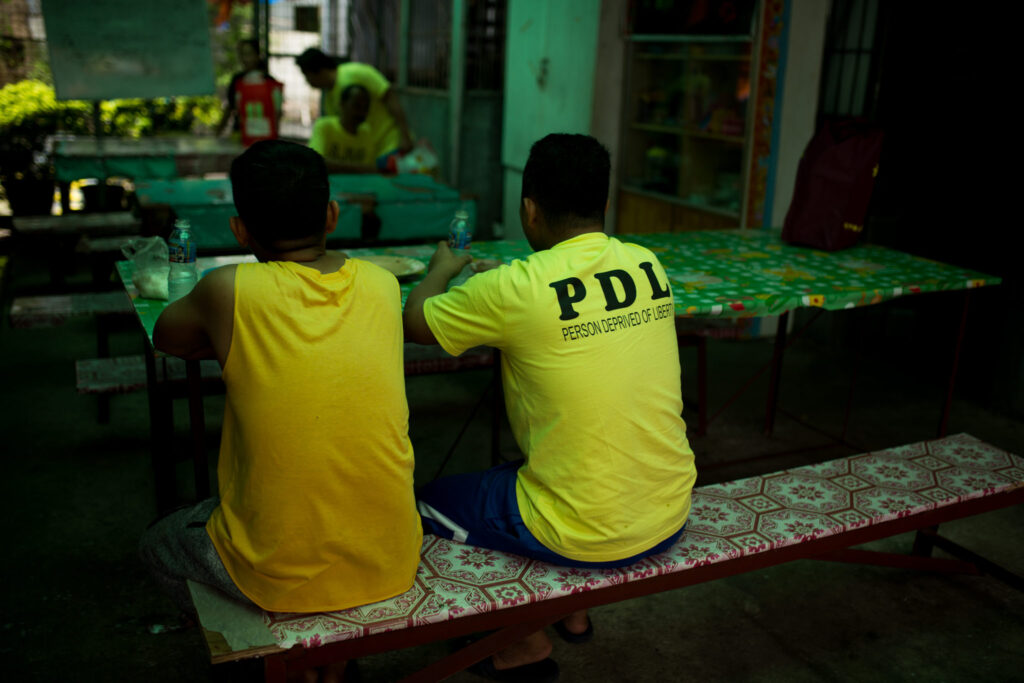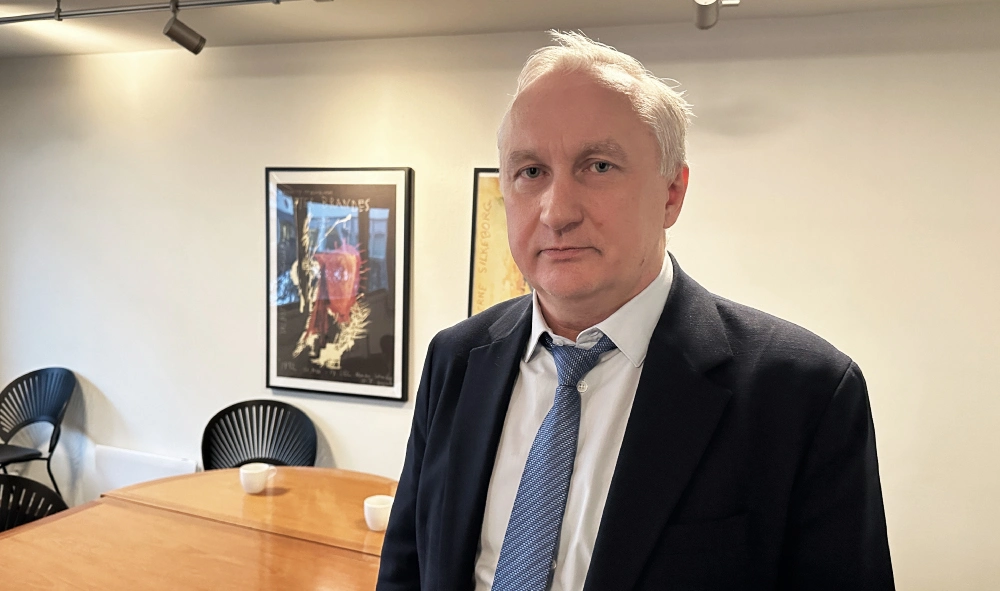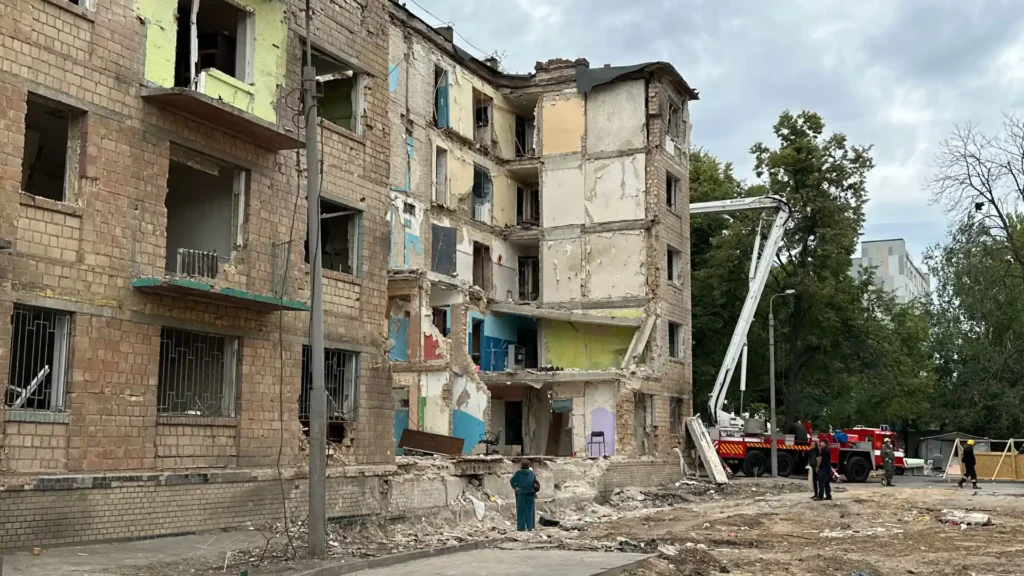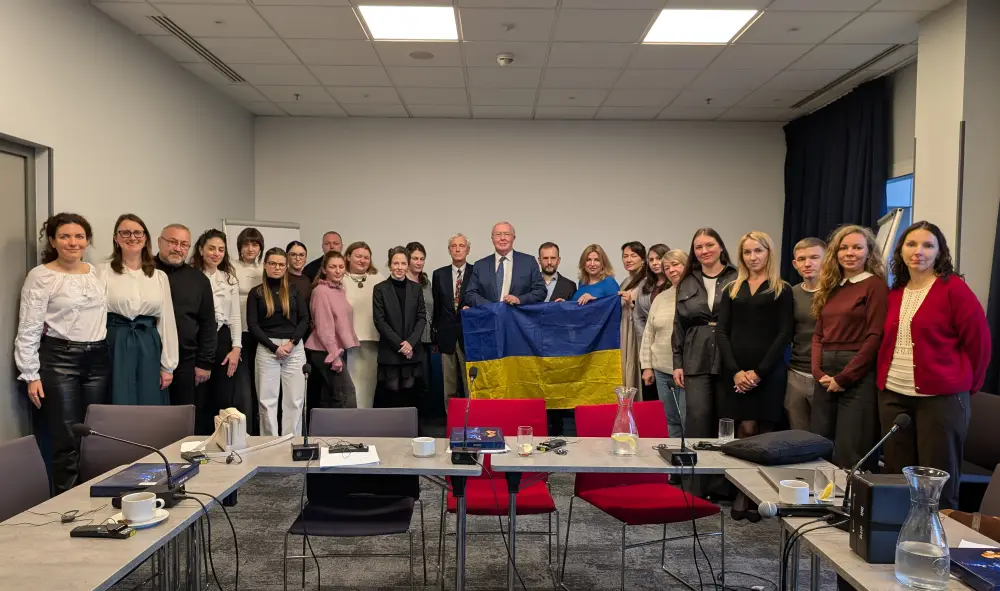Photos: Geric Cruz
Human Rights in the Philippines are currently under severe pressure – blatantly clear when one considers the conditions within the country’s prisons. This is why DIGNITY collaborates closely with the Commission on Human Rights in the Philippines to strengthen its capacity to conduct preventive monitoring visits to prisons and other places of detention.
By Søren Berggreen Toft
The first thing that strikes you when stepping through the gate to the so-called MMDJ 5 prison in Manila, the capital city of the Philippines, is a rancid smell. This is unavoidable when such a large number of inmates have to share such a small space in the baking heat. While the prison has a capacity of 120 inmates, it houses 715 when we paid it a visit during the summer of 2019. Each cell contains 20 to 25 individuals. Some of them are leaning against the cell doors with their arms hanging out through the bars. Others are wearing a characteristic yellow T-shirt with the letters ‘PDL’ (‘Person Deprived of Liberty’) that constitutes the inmates’ official uniform. Others again are bare from the waist up. A small electric fan situated outside the door of each cell fights to slightly circulate the air, and a TV is showing action films with the sound turned up as high as possible.
Our guide tells us that the prison is one of the better ones in Manila. There are prisons in which the conditions are a whole lot worse. Prisons in which people get strokes and become paralysed or die due to the lack of space to do anything other than sit down with their legs bent all day long.
Human rights have come under a great deal of pressure in the Philippines during recent years – ever since his election in 2016, President Rodrigo Duterte has fought a merciless campaign against criminals engaged in drugs-related crime with significant repercussions for human rights. This is also evident in the conditions within the country’s prisons, where severe overcrowding has serious implications for the rights of the inmates.
“There is a lot that needs to be improved: prison management, physical surroundings, health conditions, policies, a whole lot of things,” says Leah Tanodra-Armamento from the Commission on Human Rights of the Philippines, a highly respected state institution that works independently of the government. The organisation is mandated by the country’s Constitution to monitor and investigate human rights violations throughout the country.
”Prison overcrowding affects the most basic of human rights. The right to health, to movement, to sleep, to food, in short it affects everything, including safety and security. Conflict and riots are a lot more predominant in overcrowded prisons. There is quite simply nowhere to go, so even accidentally bumping into someone else may cause problems,” she says.
All countries that have signed the Optional Protocol to the UN Convention against Torture (OPCAT) are obliged to establish a National Preventive Mechanism. This is an independent entity responsible for monitoring the treatment and conditions of persons deprived of their liberty, with the aim of preventing torture and other ill-treatment. While the Philippines ratified the Protocol in 2012, they have not yet established a National Preventive Mechanism. In 2015 experts from the UN Subcommittee for the Prevention of Torture visited a number of prisons and institutions in which people are detained in the Philippines. They concluded that there was an urgent need to solve “the chronic problem of overcrowding in places of detention” and also that the Philippines ought to establish a National Preventive Mechanism “as soon as possible”.
Such a mechanism has however not yet been established, but in 2018 the Commission on Human Rights of the Philippines set up an Interim National Preventive Mechanism on its own initiative and since the beginning of 2019, DIGNITY – The Danish Institute against Torture has assisted the Commission in strengthening the capacity of the mechanism as part of an EU co-funded project. DIGNITY’s experts have delivered knowledge and skills on conducting preventive monitoring of places of detention.
”Working with the EU and DIGNITY is a huge help. Human rights are not popular with the present government, in fact the concept is being vilified. So, we are a kind of conscience that reminds the government that it must respect the human rights of all. EU and DIGNITY provide us with the technical, logistical, and moral support that we are not getting from our own government. They reassure us that what we do is right,” says Leah Tanodra-Armamento.
”It is important to support human rights in the Philippines. In fact, it is quite simple. As humans we have basic human rights. Yet in the current political context, the right to life itself is under threat. So, it is of the utmost importance that we strengthen the mechanisms which is meant to protect the human rights of all,” she says.
As part of the Danish National Preventive Mechanism, DIGNITY, the Parliamentary Ombudsman and the Danish Institute for Human Rights have conducted preventive monitoring of a variety of different places of detention in Denmark since 2009. These include Danish prisons, detention centers, closed psychiatric wards and centers in the asylum system. Consequently, DIGNITY is highly experienced in the completion of these visits as well as the documentation of conditions in places where individuals are detained. In addition, DIGNITY offers support to national preventive mechanisms and human rights institutions as well as civil society organisations in a number of countries around the world. This aim is to provide them with the tools necessary for conducting preventive monitoring visits in an effective and professional manner, to bring about positive changes and ensure that the human rights of detainees are respected. That is part of the work that DIGNITY is carrying out in the Philippines.
“We are honored to have been invited by the Commission on Human Rights to play a small but highly significant role in the establishment of the interim mechanism and look greatly forward to a long-term partnership over the years to come,” says Nina Nordberg, program advisor at DIGNITY and project manager of the program in the Philippines. She goes on to say that:
”Ensuring external oversight of places of detention is particularly important in closed institutions where persons deprived of their liberty rely to a large extent on the authorities for their safety and well-being. Such institutions develop specific features and routines that can easily lead to degrading and inhuman practices, even torture, but this is addressed through the monitoring visits. The reporting and interventions can shed light on conditions or treatment, which, if left unaddressed, have a potential to develop into torture or inhumane treatment. Preventive monitoring, which relies on a constructive dialogue with the relevant authorities, is something that is sorely needed in the Philippines.”
In the baking heat in Manila’s MMDJ 5 prison, Prison Warden Alberto Tapiru speaks of the importance of monitoring the conditions in which the inmates are living. The visits to the MMDJ5 prison and others like it are carried out by DIGNITY’s local civil society partner, Balay, on a regular basis. Balay is also represented in the technical working group which is part of the Interim National Preventive Mechanism.
”We are very aware of the legislation regarding torture, and torture is not something that takes place in this prison. Even so, Balay’s monitoring visits act as a constant reminder for us. This is important, since there is always a risk that it could happen seeing as we are human. To me, Balay’s presence and monitoring visits are an assurance that my staff will not make the mistake of torturing an inmate. It is a safety mechanism,” says Alberto Tapiru.
He further adds: ”I wish, however, that the conditions within Manila’s prison system were better. That the inmates had more space, that our water supply was adequate, and that we had adequate ventilation and programmes that could prepare the inmates for returning to life outside the prison walls. I wish that the prison facilitated rehabilitation could be a place in which both the inmate and his family could participate in rehabilitation programmes with a view to minimising the risk of committing new crimes.”
This article has been written after a DIGNITY visit to the Philippines in Summer 2019. The project in the Philippines is co-funded by the European Union and will continue until the end of November 2020.
This publication was produced with the financial support of the European Union. Its contents are the sole responsibility of DIGNITY and do not necessarily reflect the views of the European Union.





